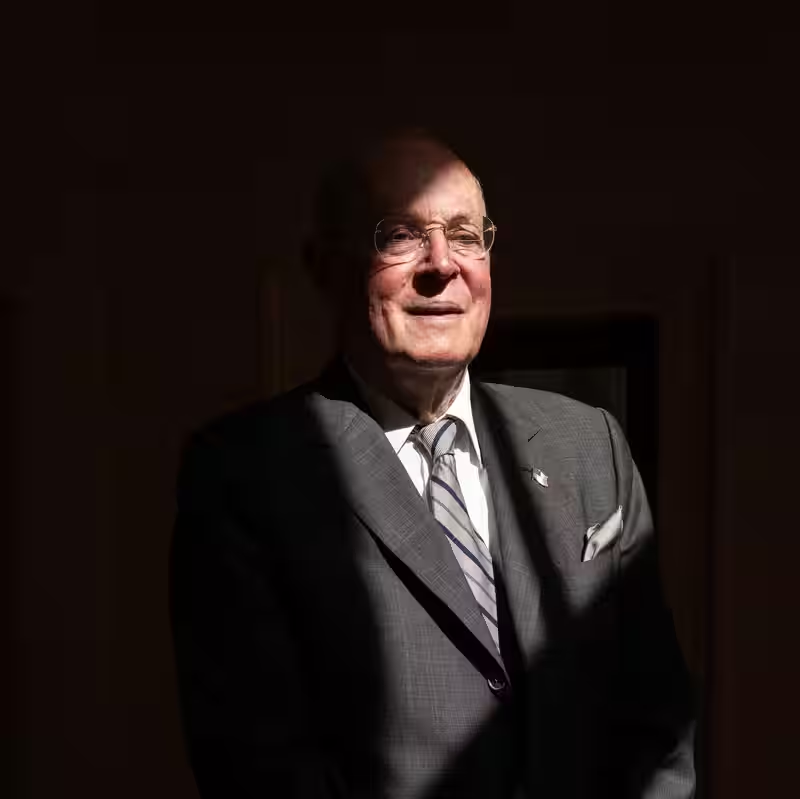Even in retirement, Justice Anthony Kennedy remains a towering voice in American jurisprudence. In a rare and revealing interview published Wednesday, the 89-year-old former Supreme Court justice opened up about the state of the nation, the growing polarization of the judiciary, and his own complex legacy—offering insights that feel both nostalgic and urgently relevant.
Table of Contents
- Key Takeaways from Kennedy’s Interview
- Justice Kennedy’s Legacy on the Supreme Court
- His Concerns About Today’s Supreme Court
- Memoir, Memory, and Moral Responsibility
- Why Kennedy’s Words Still Matter
- Sources
Key Takeaways from Kennedy’s Interview
In a candid conversation with The New York Times, Justice Kennedy—often the swing vote during his 30-year tenure on the bench—spoke with the calm authority of someone who helped shape landmark rulings on gay rights, free speech, and campaign finance. Now 89 and retired since 2018, he didn’t mince words about the challenges facing American democracy.
“The Court must never be seen as a political institution,” he said. “Once that perception takes hold, public trust erodes—and without trust, the rule of law is just words on paper.”
Justice Kennedy’s Legacy on the Supreme Court
Appointed by President Ronald Reagan in 1988, Kennedy authored some of the most consequential opinions of the modern era:
- Obergefell v. Hodges (2015): Legalized same-sex marriage nationwide.
- Lawrence v. Texas (2003): Struck down sodomy laws, affirming LGBTQ+ privacy rights.
- Citizens United v. FEC (2010): Expanded corporate political spending (a decision he later expressed nuanced views on).
- Roper v. Simmons (2005): Banned the death penalty for juveniles.
Known for his soaring prose and emphasis on human dignity, Kennedy often defied easy ideological labeling—frustrating partisans on both sides but earning respect across the aisle.
His Concerns About Today’s Supreme Court
Kennedy expressed unease about the Court’s current trajectory. While he declined to criticize specific justices, he warned against “rhetoric that treats constitutional interpretation as a zero-sum game.”
He also lamented the decline of civics education, saying, “If young Americans don’t understand how the Court works—or why it matters—they won’t defend it when it’s under pressure.”
Memoir, Memory, and Moral Responsibility
The interview coincides with the release of Kennedy’s long-awaited memoir, Liberty’s Balance, set to publish next month. In it, he reflects on pivotal cases, private conversations with fellow justices, and his belief that the Constitution is “a living promise—not a static code.”
When asked if he regrets any votes, he paused. “Every decision weighed on me,” he said. “But I always tried to ask: ‘Does this uphold the dignity of the person?’ That was my compass.”
Why Kennedy’s Words Still Matter
In an era of judicial activism, court-packing debates, and declining public confidence in institutions, Kennedy’s reflections serve as a quiet but powerful reminder: the law is not just about precedent—it’s about people.
His call for judicial humility, civic engagement, and bipartisan respect may sound idealistic. But coming from a man who held the fate of millions in his hands, it’s hard to dismiss.
Sources
The New York Times: “Justice Kennedy, Off the Bench but Still Rendering Opinions”




